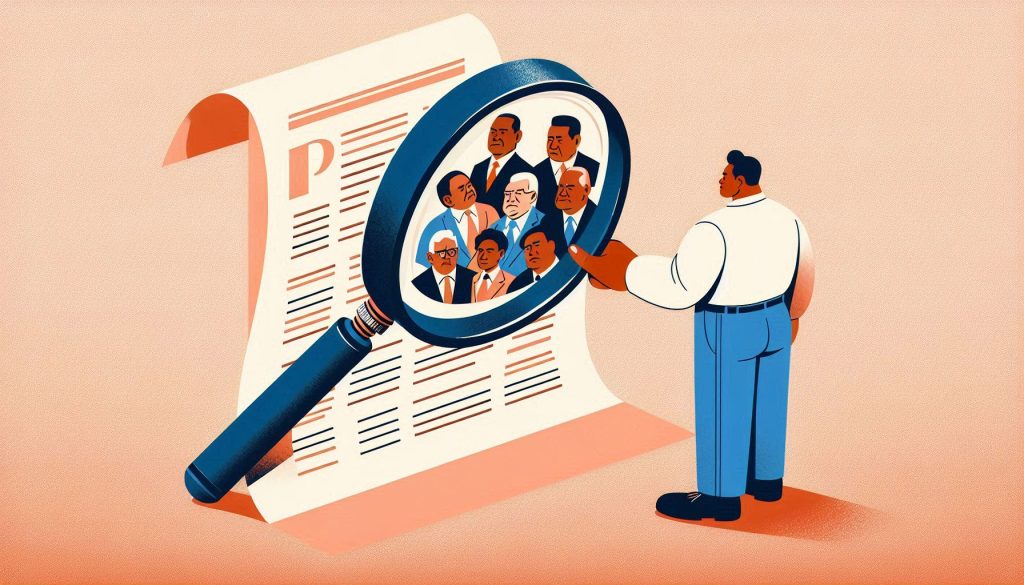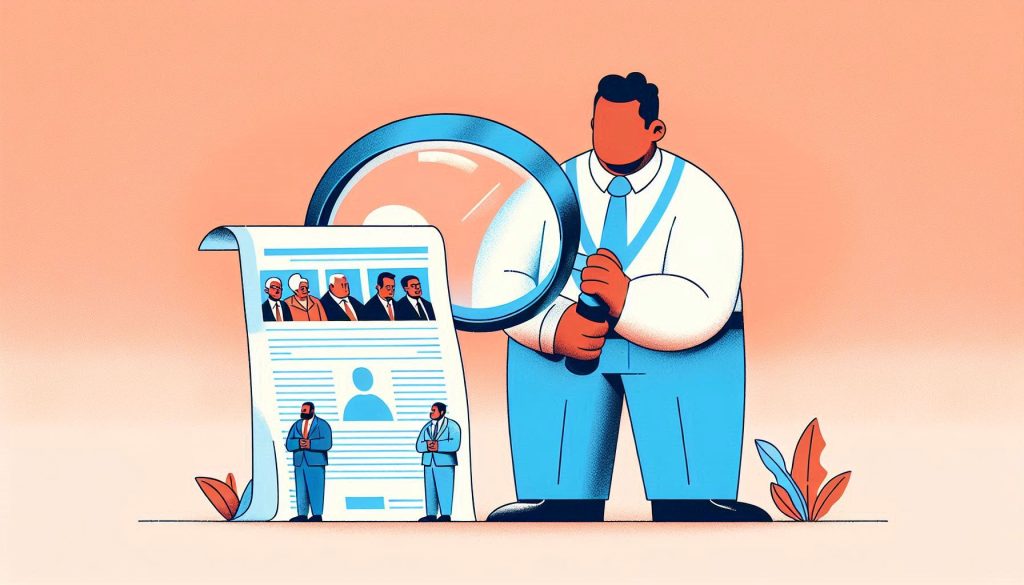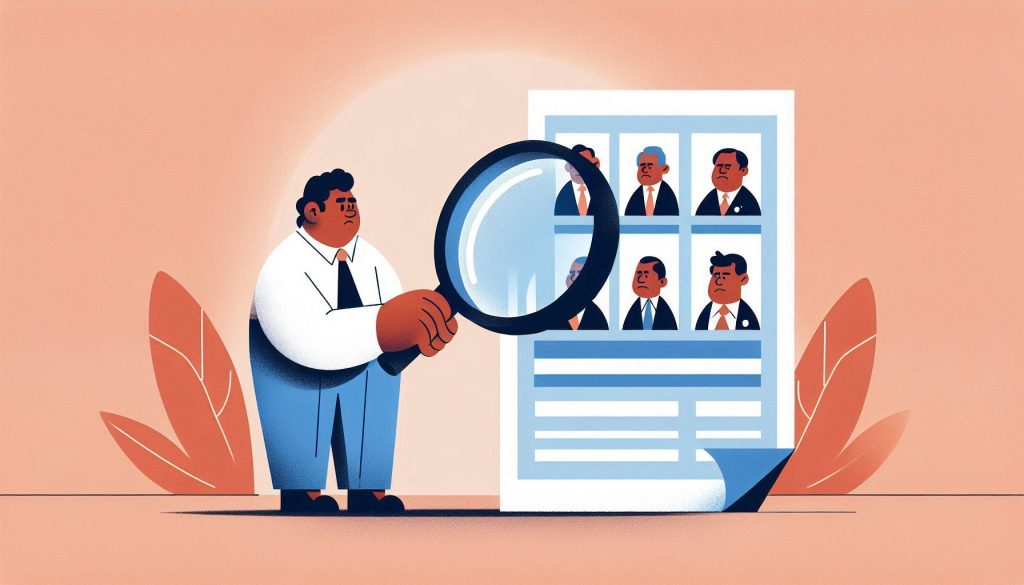In a move that has drawn attention from both privacy advocates and political analysts, the Federal Bureau of Investigation (FBI) has reportedly intensified its use of polygraph tests to assess the loyalty of U.S. government officials. According to sources cited in a recent New York Times report, these measures are part of broader internal security protocols aimed at preventing leaks and unauthorized disclosures within federal agencies.
Why the FBI Is Turning to Polygraphs
The FBI has long used polygraph examinations as a standard part of background checks, especially for those seeking security clearances. What’s drawing new scrutiny, however, is the reported focus on using these tests specifically to gauge officials’ personal loyalties and political sympathies.
This shift appears tied to rising concerns about insider threats, particularly in an era marked by high-profile leaks of classified information. In the wake of incidents such as whistleblower revelations and unauthorized media disclosures, federal agencies have reportedly expanded internal monitoring efforts.

How the Loyalty Tests Work
According to the report, polygraph exams have been administered not only to new hires but also to existing personnel across sensitive departments. These tests reportedly go beyond the usual questions about criminal activity or financial misconduct.
Some officials describe being asked about:
- Their views on political leaders.
- Personal opinions about government policies.
- Allegiances that might suggest disloyalty to the United States.
Critics argue that such questions blur the line between legitimate security measures and ideological vetting.
Civil Liberties and Ethical Concerns
Civil liberties organizations have raised red flags over this practice. The American Civil Liberties Union (ACLU), among others, warns that loyalty testing through polygraphs could undermine free speech protections and erode trust within federal institutions.
“These kinds of questions can create a chilling effect,” said an ACLU spokesperson. “Government employees may feel pressured to conceal their personal views or avoid political expression altogether, even when it’s legally protected.”
Legal experts also question the reliability of polygraph technology itself. Although widely used, polygraph tests are not considered fully accurate or scientifically foolproof. False positives and inconclusive results can have serious consequences for the careers of public servants.

Political Reactions
The news has sparked mixed reactions in Washington. Some lawmakers defend the practice as a necessary safeguard in a highly polarized political climate.
“If someone with a security clearance is actively working against the interests of the United States, we need to know,” said one senior member of the House Intelligence Committee.
Others warn that this could set a dangerous precedent. “We do not want to become a country where loyalty to a leader is valued over loyalty to the Constitution,” countered a senator from the opposition party.
Broader Context: Trust in Institutions
The FBI’s reported loyalty testing effort reflects broader anxieties about trust within government agencies. In recent years, political polarization has affected not just public opinion but also internal dynamics within federal organizations.
From intelligence services to law enforcement, ensuring that officials are both trustworthy and free to hold personal views has become an increasingly delicate balance.

Looking Ahead
As debates over national security and civil liberties continue, the FBI’s loyalty polygraphs may face further legal and public scrutiny. For now, the agency has not officially commented on the specifics of its polygraph policies.
Observers suggest this issue highlights a growing tension in modern democracies: how to protect national interests while preserving the foundational rights that define open societies.

